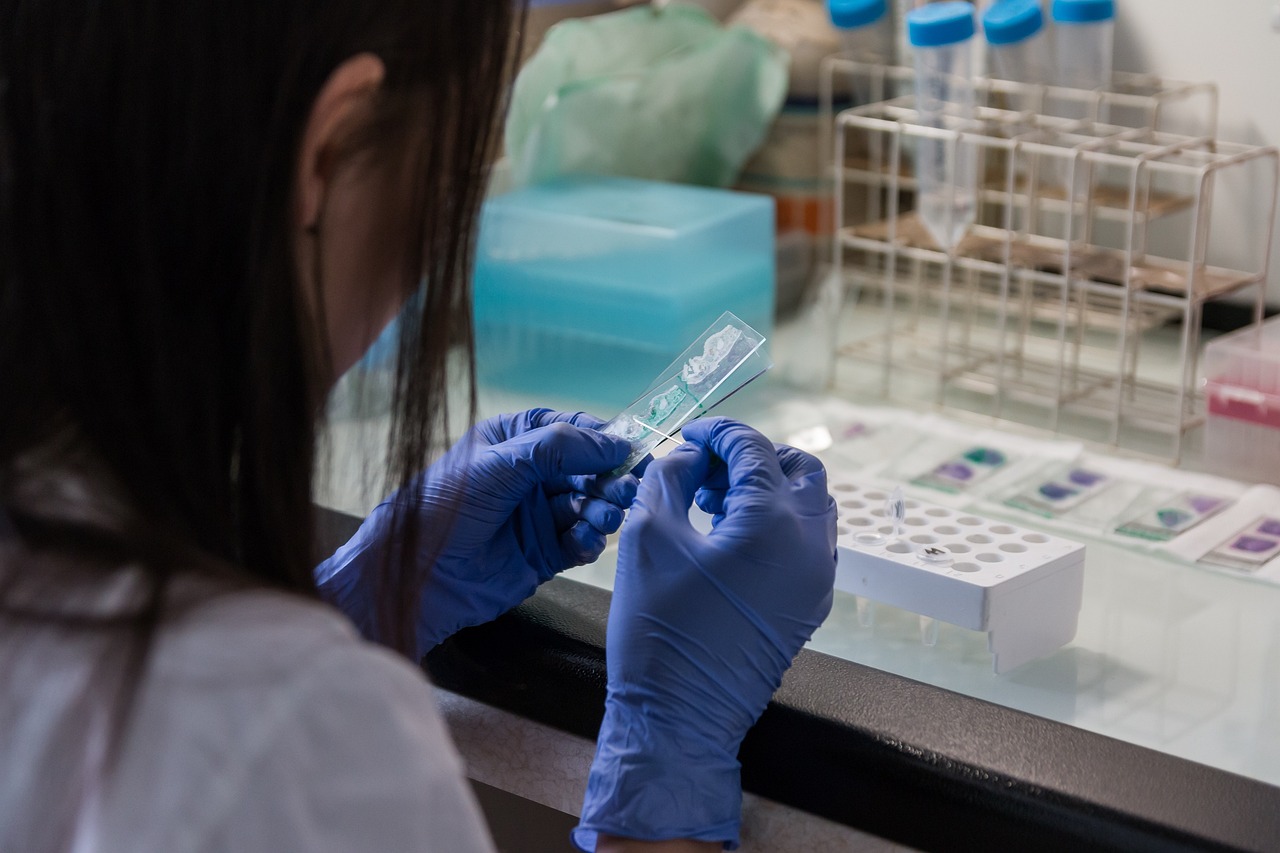This article explores effective strategies and methods for passing an oral swab drug test on the same day, providing detailed insights and practical advice for individuals facing such tests.
Understanding Oral Swab Drug Tests
Oral swab drug tests, commonly referred to as saliva drug tests, are gaining traction due to their convenience and rapid results. These tests work by detecting the presence of drugs in the saliva, which is collected using a swab placed between the gums and cheek. The substances typically tested include marijuana, cocaine, opiates, and methamphetamines. Understanding the mechanics of these tests can help individuals prepare effectively.
Common Substances Detected in Oral Swab Tests
Oral swab tests can identify a range of substances, including:
- THC (Tetrahydrocannabinol)
- Cocaine
- Opiates (such as heroin and morphine)
- Amphetamines
The detection window for these substances in saliva varies, generally ranging from a few hours up to 72 hours after use, depending on the frequency of use and individual metabolism.
Factors Affecting Test Results
Several factors can influence the results of an oral swab drug test, including:
- Metabolism: Individuals with faster metabolisms may eliminate drugs more quickly.
- Frequency of Use: Regular users may have detectable levels of substances for longer periods.
- Time Since Last Use: The longer the time since last use, the lower the chances of detection.
Understanding these factors can help individuals gauge their likelihood of passing the test.
Preparation Tips Before the Test
Proper preparation is essential for increasing the odds of passing an oral swab drug test. Here are some actionable tips:
- Hydrate: Drink plenty of water to help flush out toxins.
- Oral Hygiene: Maintain good oral hygiene by brushing your teeth and using mouthwash.
- Avoid Eating: Refrain from eating or drinking anything but water for at least an hour before the test.
These steps can create optimal conditions for the test.
Effective Detox Methods for Same-Day Testing
Detoxing your body in a short time frame can be challenging but not impossible. Some effective methods include:
- Detox Mouthwash: Use a detox mouthwash designed for oral drug tests shortly before the test.
- Chewing Gum: Chewing gum can stimulate saliva production and may help cleanse the mouth.
- Activated Charcoal: Consuming activated charcoal can help absorb toxins, but use it cautiously.
Each method has varying effectiveness, so choose based on your situation.
Products to Consider for Passing the Test
Various commercial products claim to assist in passing oral swab drug tests. Popular options include:
- Detox Mouthwashes: These are specifically formulated to eliminate drug residues from saliva.
- Saliva Cleansing Kits: Comprehensive kits that offer various methods for detoxifying the mouth.
Researching and selecting reputable products can enhance your chances of passing the test.
Timing Your Last Use
Understanding the timing of your last drug use is crucial for passing an oral swab test. Generally, substances like THC can be detected for 24-72 hours after use. Planning your last use strategically can make a significant difference in the outcome of the test.
What to Expect on Test Day
Knowing what to expect during an oral swab drug test can alleviate anxiety. The process typically involves:
- Sample Collection: A technician will use a swab to collect saliva from your mouth.
- Testing Process: The sample is then analyzed for the presence of drugs.
Being prepared for these steps can help you remain calm and focused.
Legal and Ethical Considerations
Navigating the legal landscape surrounding drug testing is essential. Be aware of the laws in your area regarding drug use and testing. Attempting to pass a drug test raises ethical questions, and understanding your rights can help you make informed decisions.

Understanding Oral Swab Drug Tests
Oral swab drug tests, often referred to as saliva drug tests, have gained significant traction in recent years. Their popularity can be attributed to their convenience and the speed at which results can be obtained. Unlike urine or blood tests, oral swab tests are less invasive and can be conducted in various settings, making them a preferred choice for many employers and law enforcement agencies.
These tests work by collecting a sample of saliva from the inside of the mouth, typically using a swab or a specialized device. The sample is then analyzed for the presence of specific substances. The main advantage of oral swab tests is their ability to detect recent drug use, generally within a window of 24 to 72 hours, depending on the substance.
| Substance | Detection Window |
|---|---|
| THC (Cannabis) | 1-3 days |
| Cocaine | 1-2 days |
| Opiates | 1-3 days |
| Amphetamines | 1-3 days |
The substances typically detected by oral swab tests include THC, cocaine, opiates, and amphetamines. These tests are particularly effective at identifying drugs that are still present in the saliva, which is indicative of recent use. The detection windows for these substances vary, but they generally reflect the time frame in which the drugs were consumed.
One of the reasons for the increasing adoption of oral swab tests is their non-invasive nature. Individuals being tested can feel more at ease compared to other forms of drug testing. Furthermore, the collection process is straightforward: a swab is placed in the mouth for a few minutes, allowing it to absorb saliva before being sent to a lab for analysis.
In addition to their ease of use, oral swab tests are also cost-effective. They require less equipment and personnel compared to urine or blood tests, making them a viable option for many organizations. However, it is essential to note that while these tests are convenient, they are not without their limitations.
Factors such as hydration levels, oral hygiene, and the time elapsed since drug use can all influence the accuracy of the results. For instance, drinking large amounts of water before a test may dilute the saliva, potentially affecting the detection of substances. As such, understanding the mechanics of oral swab drug tests is crucial for anyone who may be subjected to them, whether for employment, legal reasons, or personal circumstances.
In summary, oral swab drug tests represent a modern approach to drug testing, offering a quick, efficient, and user-friendly option for detecting recent drug use. As awareness and understanding of these tests grow, individuals can better prepare themselves for the implications of drug testing in various aspects of life.
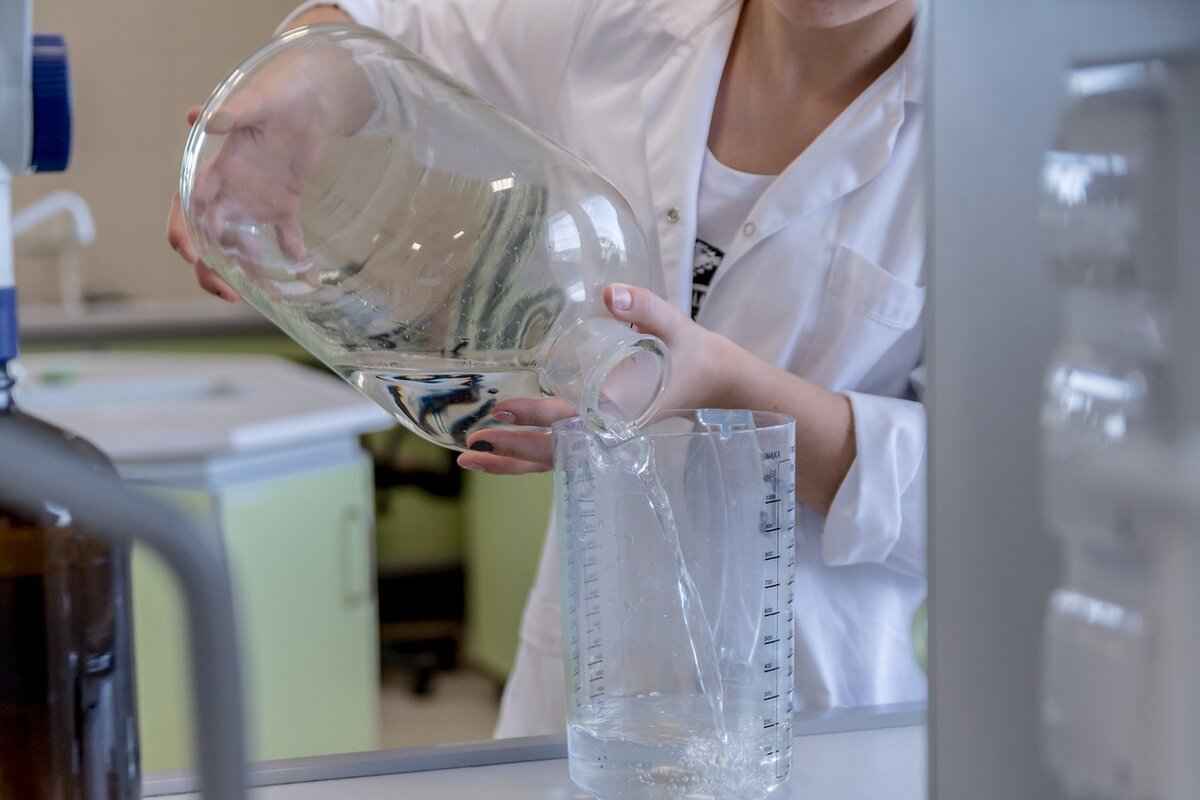
Common Substances Detected in Oral Swab Tests
Oral swab tests, also referred to as saliva drug tests, are increasingly utilized in various settings, including workplaces and legal environments, due to their non-invasive nature and rapid results. These tests are designed to detect a range of substances, providing a snapshot of an individual’s recent drug use. Understanding the specific drugs that can be identified through oral swab tests is crucial for anyone who may be subjected to such testing.- THC (Tetrahydrocannabinol): The psychoactive component of marijuana, THC can typically be detected in saliva for up to 24 to 72 hours after use, depending on the frequency of consumption. Regular users may have a longer detection window.
- Cocaine: This powerful stimulant can be identified in saliva for approximately 1 to 2 days post-use. Cocaine metabolites can also be detected, which can prolong the window of detection.
- Opiates: Substances such as heroin, morphine, and codeine fall under this category. Opiates can usually be detected in saliva for 1 to 3 days after use, depending on the specific drug and the user’s metabolism.
- Amphetamines: This class includes drugs like Adderall and methamphetamine. Detection in saliva can last for about 1 to 3 days following use.
- Benzodiazepines: Commonly prescribed for anxiety and sleep disorders, benzodiazepines can be detected in saliva for up to 10 days after last use, depending on the specific medication and usage patterns.
In addition to the primary substances mentioned, oral swab tests may also screen for other drugs such as:
- MDMA (Ecstasy)- PCP (Phencyclidine)- Barbiturates- Methadone
The detection windows for these substances can vary widely based on factors such as individual metabolism, frequency of use, and the sensitivity of the testing method employed. It’s important to note that while oral swab tests are effective, they primarily indicate recent drug use rather than long-term patterns.
Overall, understanding the substances that are commonly detected in oral swab tests and their respective detection windows can provide valuable insights for individuals preparing for such tests. By being informed, individuals can make better decisions regarding their substance use and the potential implications of testing.
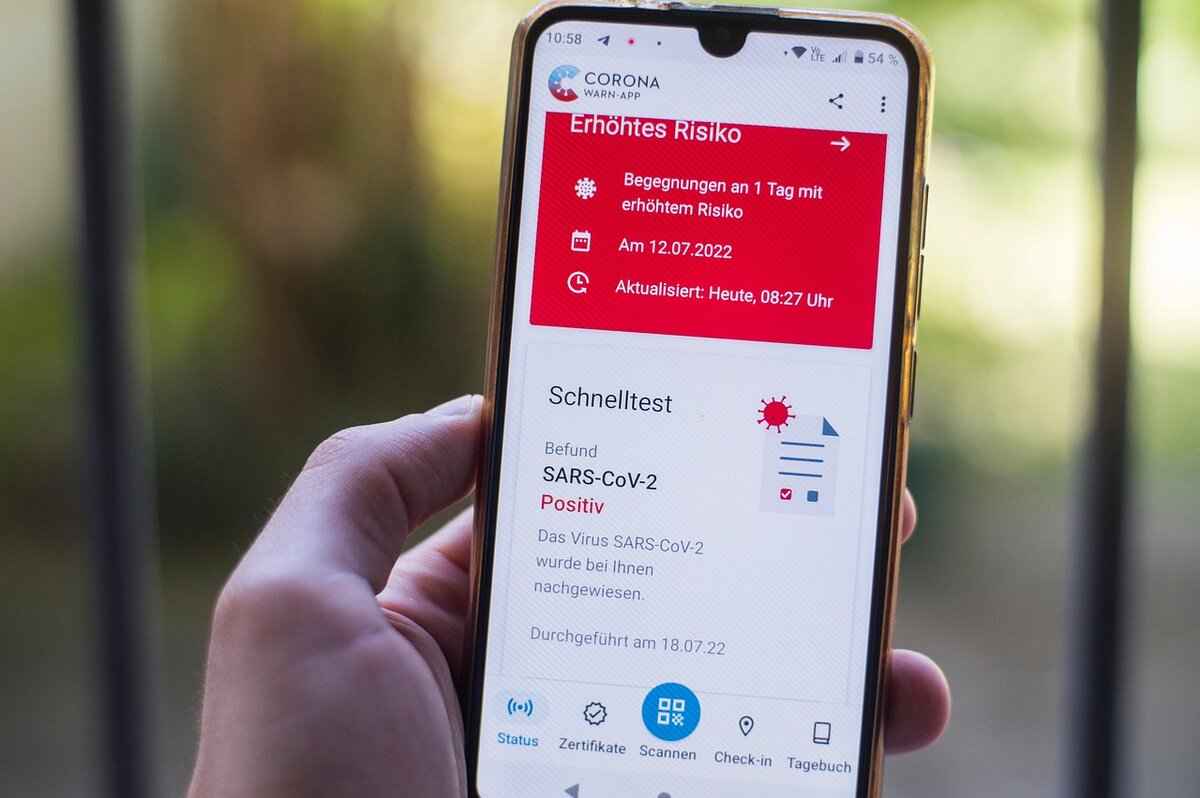
Factors Affecting Test Results
When it comes to oral swab drug tests, understanding the various factors that can affect the results is crucial for anyone facing such a screening. These tests, which analyze saliva for the presence of drugs, can yield different outcomes based on several individual and situational variables. Below, we delve into the primary factors that can influence the accuracy and reliability of oral swab drug tests.
One of the most significant factors affecting test results is individual metabolism. Each person’s body processes substances at different rates due to genetic factors, age, health status, and lifestyle choices. For example, individuals with a faster metabolism may eliminate drugs from their system more quickly than those with a slower metabolism. This variability can lead to differing results even among users of the same substance.
The frequency of drug use plays a vital role in determining whether a drug will be detectable in an oral swab test. Occasional users may clear substances from their systems faster than chronic users. Regular consumption can lead to accumulation in the body, making it more likely for drugs to be detected in saliva. Understanding your usage pattern is essential for anticipating test outcomes.
The time elapsed since the last use of a substance is another critical factor. Each drug has a specific detection window, which is the period during which it can be identified in the saliva. For instance, marijuana may be detectable for up to 24 hours after use, while other substances like cocaine may have shorter detection times. Knowing when you last used a substance can provide insight into whether it will show up on the test.
Hydration can also impact test results. Being well-hydrated can dilute saliva, potentially reducing the concentration of drugs detected. However, excessive hydration right before a test may raise suspicion and could lead to a retest. It’s essential to find a balance to avoid drawing attention while still possibly aiding in passing the test.
Maintaining good oral hygiene and being mindful of what you eat before a test can also influence results. Foods with strong flavors or certain chemicals can interact with the test, potentially affecting accuracy. Additionally, brushing teeth or using mouthwash immediately before a test might help reduce detectable drug levels, although this approach should be taken with caution to avoid arousing suspicion.
Lastly, environmental factors such as secondhand smoke exposure can also play a role. Being in an environment where drugs are used or smoked can lead to passive ingestion, which might result in a positive test. Awareness of your surroundings leading up to the test is crucial for minimizing unexpected results.
In conclusion, several factors can significantly influence the outcome of an oral swab drug test. By understanding these variables, individuals can better prepare themselves and make informed decisions regarding their readiness for testing.

Preparation Tips Before the Test
Passing an oral swab drug test can be a daunting challenge, especially if you’re facing one on short notice. However, with the right strategies and preparations, you can significantly enhance your chances of success. In this section, we will explore actionable tips that can help you cleanse your system and create optimal conditions for the test.
- Stay Hydrated: Drinking plenty of water is crucial. It helps to flush out toxins from your system. Aim to drink at least 8-10 glasses of water a day leading up to the test. However, avoid overhydrating right before the test, as it may raise suspicion.
- Maintain Good Oral Hygiene: Brush your teeth, floss, and use mouthwash regularly. Focus on cleaning your tongue and gums, as drug residues can linger in these areas. Consider using a detoxifying mouthwash that specifically targets drug metabolites.
- Eat a Healthy Diet: Incorporate fruits and vegetables into your meals. Foods rich in fiber, such as apples and carrots, can help cleanse your system. Avoid fatty and processed foods, as they can slow down your metabolism and prolong the presence of drugs in your saliva.
- Avoid Drugs: If possible, refrain from using any substances for at least 48 hours before the test. This includes not only illicit drugs but also prescription medications that may trigger a positive result. If you must take medication, consult your doctor about alternatives.
- Exercise: Engaging in physical activity can help speed up your metabolism and promote detoxification. Aim for at least 30 minutes of moderate exercise each day. However, avoid strenuous workouts immediately before the test, as they can temporarily increase the concentration of drugs in your saliva.
- Timing is Key: If you know the test is coming up, plan your last use of any substance strategically. Understanding the detection windows for various drugs can help you gauge when to stop using to maximize your chances of passing the test.
By implementing these preparation tips, you can create a more favorable environment for your oral swab drug test. Remember, while there are no guarantees, being proactive and taking steps to cleanse your system can significantly improve your chances of achieving a negative result.

Effective Detox Methods for Same-Day Testing
Detoxing your body in a short time frame can be challenging, especially when you need to pass an oral swab drug test. Fortunately, there are several effective methods to help you eliminate drug traces from your saliva quickly. This section outlines practical strategies that can assist you in preparing for the test.
- Stay Hydrated: Drinking plenty of water is crucial for flushing out toxins from your system. Aim for at least 2-3 liters of water throughout the day leading up to the test. This helps to dilute the concentration of drugs in your saliva.
- Oral Rinses: Using specialized detox mouthwashes can significantly improve your chances of passing the test. These products are designed to cleanse your mouth and eliminate drug residues. Follow the instructions carefully for maximum effectiveness.
- Chewing Gum: Chewing mint-flavored gum can help stimulate saliva production, which may assist in cleansing your mouth. It can also mask any residual odors that might raise suspicion during the test.
- Maintain Oral Hygiene: Brushing your teeth, flossing, and using mouthwash can help remove traces of drugs from your mouth. Focus on cleaning your gums and tongue, as these areas can harbor drug particles.
- Eat Healthily: Consuming fruits and vegetables that are high in water content, such as apples and cucumbers, can aid in detoxifying your body. Avoid fatty and processed foods, as they can slow down your metabolism and hinder detoxification.
- Exercise: Engaging in physical activity can boost your metabolism and promote sweating, which is another way your body can eliminate toxins. However, be mindful of the timing; avoid intense workouts right before the test, as this can temporarily release stored drugs into your bloodstream.
- Timing Your Last Use: If you are aware of an upcoming test, try to refrain from drug use as early as possible. The longer you wait, the better your chances of passing the test.
In addition to these methods, it is essential to be aware of the time frame for drug detection in saliva. Different substances have varying detection windows, and knowing this can help you strategize your detox efforts effectively. For instance, THC can be detected in saliva for up to 72 hours after use, while cocaine may only last for a few hours.
Ultimately, while these detox methods can enhance your chances of passing an oral swab drug test, they are not foolproof. The best approach is to avoid drug use altogether, especially as the test date approaches. However, if you find yourself in a situation where you need to detox quickly, employing a combination of these strategies can prove beneficial.
By understanding how to effectively detox your body and preparing adequately, you can face your oral swab drug test with greater confidence. Remember, the key is to start early and implement multiple strategies for the best results.

Products to Consider for Passing the Test
When facing an oral swab drug test, many individuals seek out products that claim to enhance their chances of passing. The market is flooded with various detox mouthwashes and other solutions that promise quick results. This section delves into some of the most popular products, examining their effectiveness and how they work.
- Detox Mouthwashes: These products are designed specifically for oral swab tests. They typically contain a blend of natural ingredients that purportedly cleanse the mouth of drug traces. Popular brands include Stinger Mouthwash and High Voltage Detox. Users are advised to swish the mouthwash around for a specified duration before the test to maximize effectiveness.
- Saliva Detox Kits: Saliva detox kits often come with a combination of mouthwash and additional supplements. Products like Quick Fix Oral Detox provide a more comprehensive approach, aiming to cleanse the saliva over a longer period. These kits may also include instructions for optimal use and timing.
- Activated Charcoal Products: Activated charcoal is known for its adsorptive properties, which can potentially bind to toxins in the mouth. Some users have reported success using activated charcoal as a mouth rinse prior to testing. However, scientific evidence supporting its effectiveness for drug testing is limited.
- Natural Remedies: Some individuals prefer natural alternatives, such as using lemon juice or vinegar as a mouth rinse. While these remedies may help to some extent, their reliability is questionable, and they may not be as effective as commercial products.
- Hydration Solutions: Staying well-hydrated can also play a role in passing a drug test. Drinking plenty of water before the test may dilute saliva, potentially lowering detectable levels of substances. However, excessive hydration should be avoided, as it may raise suspicion during testing.
While these products can offer a glimmer of hope, it’s essential to approach them with caution. Many factors can influence the outcome of an oral swab test, including individual metabolism and the timing of last drug use. Additionally, the effectiveness of these products can vary widely among users. Therefore, thorough research and consideration of personal circumstances are crucial before relying on any specific solution.
In conclusion, while various commercial products are available to assist individuals in passing oral swab drug tests, their effectiveness can vary. It’s important to combine these products with proper preparation and an understanding of the testing process to enhance the chances of a favorable outcome.
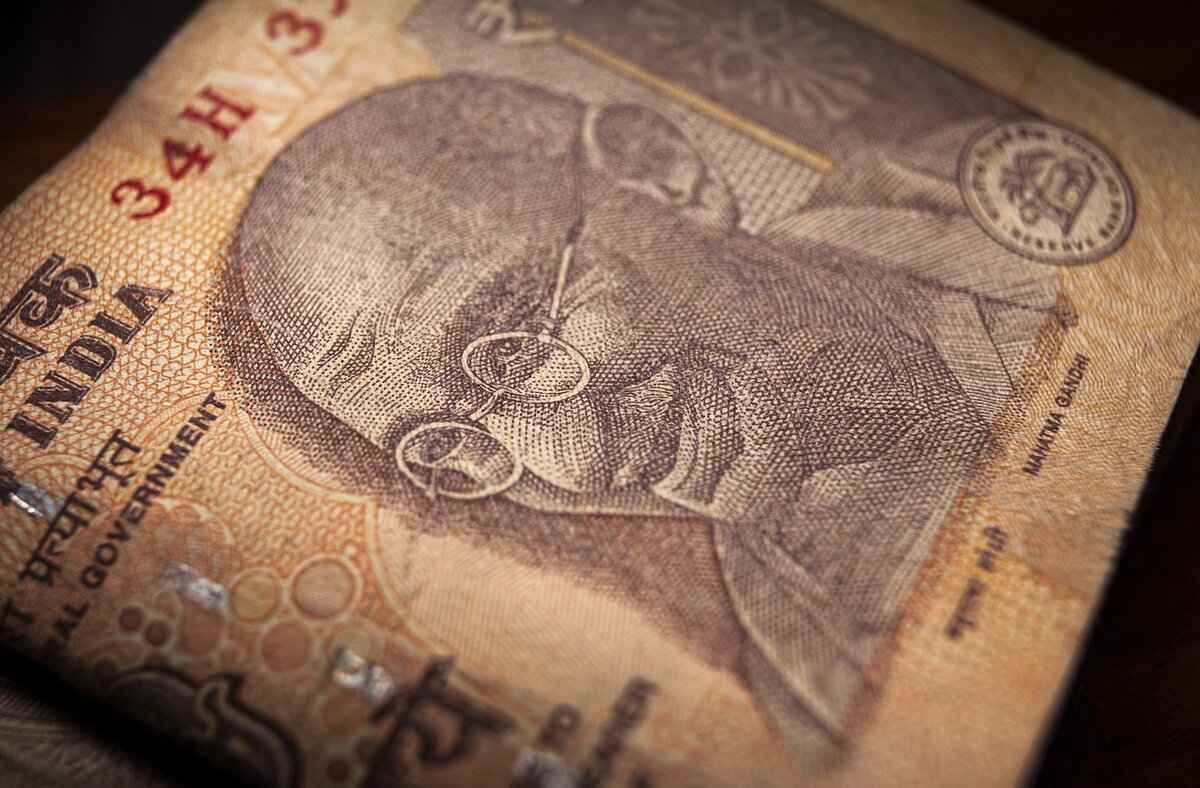
Timing Your Last Use
Understanding the timing of your last drug use is crucial for passing an oral swab test. The detection windows for various substances can vary significantly, making it essential to be aware of when you last consumed a drug. This section delves into the importance of timing and how it correlates with the detection windows of different substances.- What is an Oral Swab Test?
- Oral swab tests, also known as saliva tests, are designed to detect the presence of drugs in a person’s system through saliva samples.
- These tests are favored for their ease of administration and quick results, often providing results in minutes.
- Detection Windows for Common Substances
- THC (Marijuana): Typically detectable for 1 to 3 hours after use, but can linger for up to 24 hours in chronic users.
- Cocaine: Generally detectable for about 1 to 2 days after use.
- Opiates: Can be detected for 1 to 3 days post-use, depending on the type and frequency of use.
- Amphetamines: Usually detectable for 1 to 3 days after last use.
Timing is not just about the last time you used a substance; it also involves understanding how your body metabolizes drugs. Individual factors such as metabolism, body weight, and hydration levels can affect how long drugs remain detectable in your saliva. For instance, someone with a faster metabolism may process substances more quickly than someone with a slower metabolism.
Furthermore, the frequency of use plays a significant role in detection windows. Occasional users may clear substances from their system faster than habitual users. Chronic usage can lead to a buildup of drugs in the body, extending the detection period significantly.
To optimize your chances of passing an oral swab test, it is advisable to abstain from drug use well in advance of the test. If you are unable to do so, understanding the timing of your last use can help you gauge your risk. For example, if you used THC just a few hours before the test, your chances of detection are significantly higher compared to if you had abstained for a full day.
In conclusion, timing your last drug use is a critical factor in preparing for an oral swab test. By being aware of the detection windows for various substances and considering individual factors that influence metabolism, you can better strategize your approach to the test. Remember, the goal is to minimize the risk of detection by aligning your last use with the test timing.
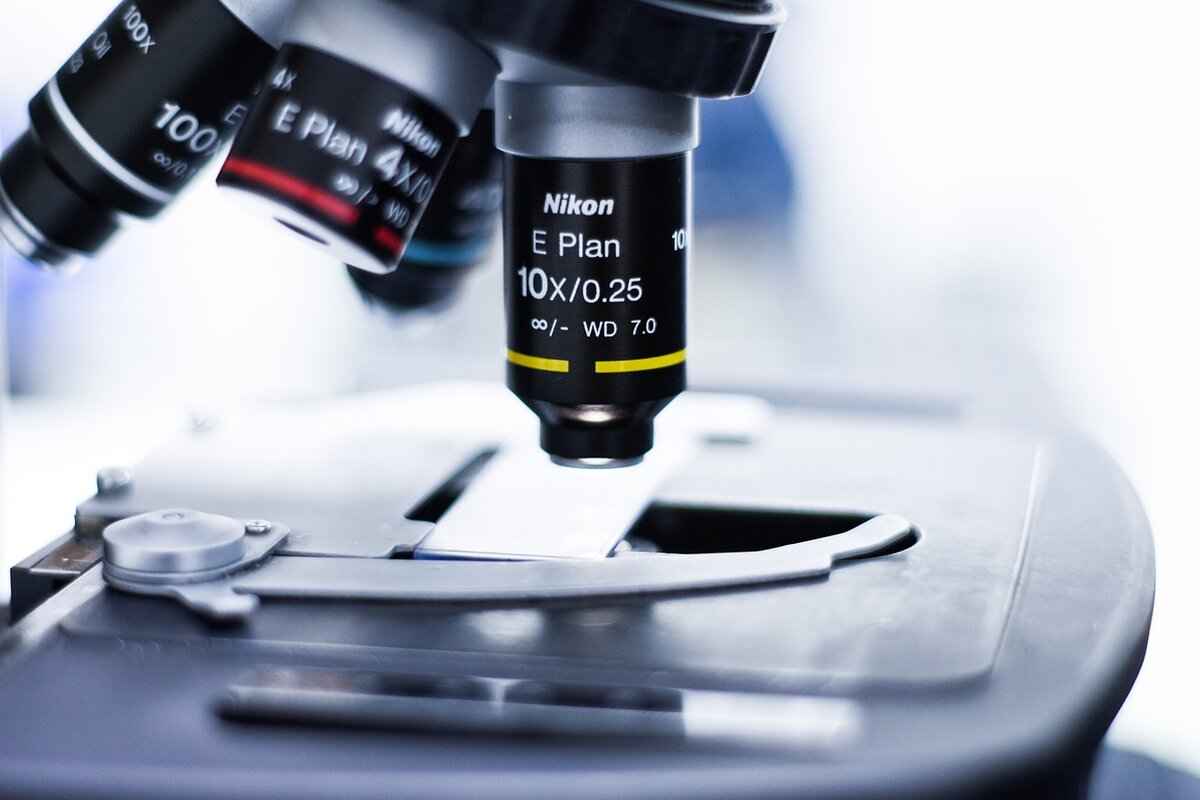
What to Expect on Test Day
When it comes to undergoing an oral swab drug test, understanding the process can significantly alleviate any anxiety you may have. These tests are designed to be straightforward and efficient, but knowing the details can help you feel more prepared.- Arrival at the Testing Facility: Upon arriving at the testing location, you will typically check in at the reception. Make sure to bring any necessary identification, as this is often required to confirm your identity.
- Instructions from the Technician: A trained technician will guide you through the process. They will explain the procedure, including how the sample will be collected and what substances will be tested.
- Sample Collection: The actual collection process is quick and non-invasive. The technician will provide you with a sterile swab, which you will place inside your mouth. The swab is designed to absorb saliva from the inner cheek or gums. This usually takes about 2 to 5 minutes.
- Chain of Custody: After the sample is collected, it will be sealed in a tamper-proof container. This is crucial for maintaining the integrity of the sample and ensuring accurate results.
- Waiting for Results: Depending on the facility, you may receive your results on the same day or within a few days. Some facilities use instant testing devices, while others send samples to a laboratory for more comprehensive analysis.
- Confidentiality: Your test results are typically kept confidential. Only authorized personnel will have access to the information, ensuring your privacy is protected.
It’s important to remain calm and follow the instructions provided by the technician. If you have any questions or concerns during the process, don’t hesitate to ask for clarification. Understanding what to expect on test day can help you approach the situation with confidence and composure.
In summary, being well-informed about the oral swab drug testing process can significantly reduce your anxiety. From the moment you arrive at the testing facility to the collection of your sample and awaiting results, knowing the steps involved will help you navigate the experience more smoothly.
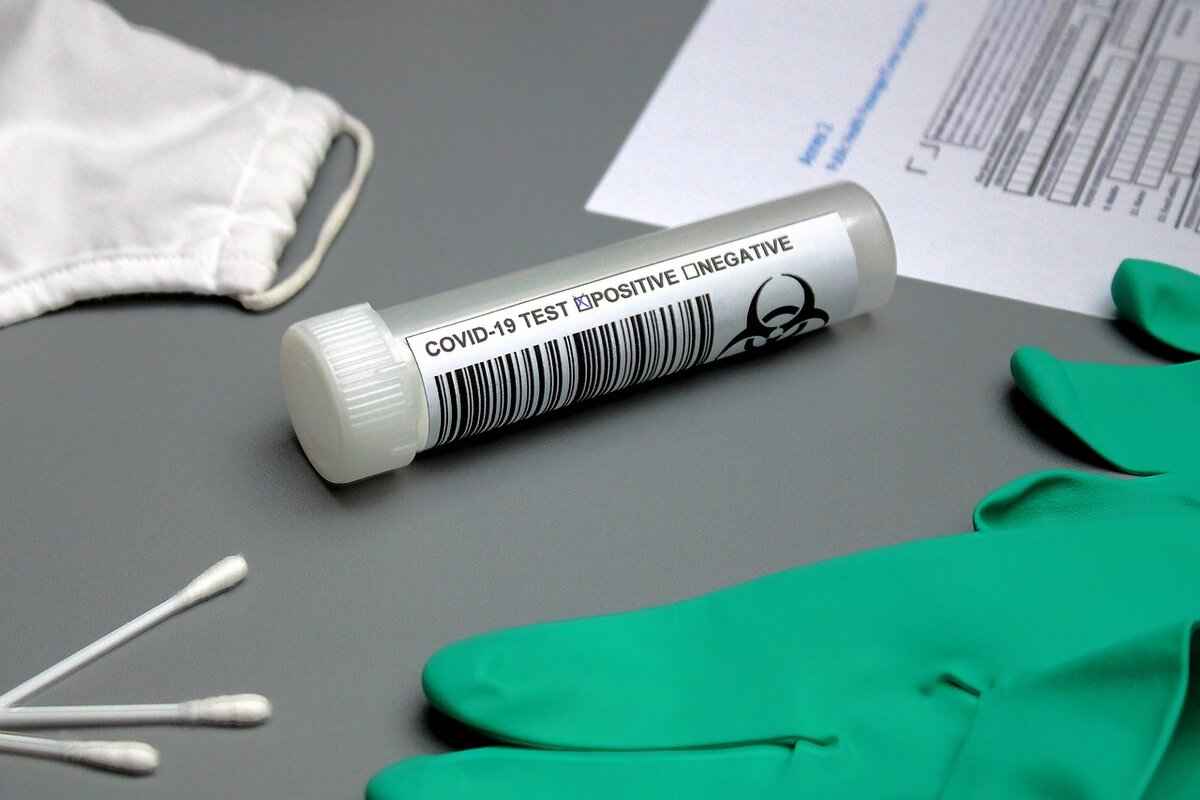
Legal and Ethical Considerations
Navigating the legal landscape surrounding drug testing is essential for both employers and employees. As drug testing becomes increasingly common in various industries, understanding the legal implications is crucial. This section addresses the legal framework governing drug testing, including federal and state laws, as well as the ethical considerations involved in attempting to pass a drug test.- Understanding Legal Framework: Drug testing laws vary significantly across different states and industries. Employers must comply with federal regulations, such as the Drug-Free Workplace Act, which mandates drug testing for employees in certain federal jobs. Additionally, many states have enacted their own laws that govern when and how drug tests can be administered.
- Employee Rights: Employees have rights concerning drug testing, including the right to privacy and the right to be informed about the testing process. It is essential for employers to provide clear policies and procedures regarding drug testing to avoid potential legal disputes.
- Informed Consent: Obtaining informed consent from employees before conducting drug tests is a legal requirement in many jurisdictions. This means that employees should be made aware of the testing procedures, substances being tested, and potential consequences of a positive result.
- Ethical Considerations: Beyond legal requirements, ethical considerations play a significant role in drug testing. Employers must balance the need for a safe and productive workplace with respect for employee privacy. Implementing fair and transparent testing policies can help maintain trust between employers and employees.
- Attempting to Pass a Drug Test: The ethics of attempting to pass a drug test through deceptive means raise significant concerns. While some individuals may feel pressured to find ways to circumvent testing, such actions can lead to severe consequences, including termination and damage to professional reputations.
As drug testing continues to evolve, it is vital for both employers and employees to stay informed about their rights and responsibilities. Engaging in open dialogue about drug policies can foster a healthier work environment while ensuring compliance with legal standards. Employers should strive to create supportive resources for employees facing substance use challenges, promoting a culture of understanding rather than punitive measures.
Ultimately, the legal and ethical landscape surrounding drug testing requires careful navigation. By adhering to legal guidelines and fostering an ethical approach, both employers and employees can work together to create a safe and respectful workplace.
Frequently Asked Questions
- What is an oral swab drug test?
An oral swab drug test, also known as a saliva drug test, is a method of detecting drugs in a person’s system by collecting saliva. It’s popular for its ease of use and quick results, making it a common choice for employers and law enforcement.
- How long do drugs stay detectable in saliva?
The detection window for drugs in saliva can vary. For instance, THC can be detected for 1-3 days after use, while cocaine may show up for 1-2 days. Factors like metabolism and frequency of use can greatly influence these timeframes.
- What should I do to prepare for an oral swab drug test?
Preparation is key! It’s advisable to avoid drug use well in advance, stay hydrated, and consider using detox products. Additionally, maintaining good oral hygiene can help reduce the chances of detection.
- Are there products that can help me pass the test?
Yes, there are various detox mouthwashes and cleansing products on the market designed specifically to help individuals pass oral swab tests. However, results can vary, so it’s essential to choose reputable products.
- What happens during the test?
During an oral swab test, a trained professional will collect a saliva sample using a swab. The process is quick and typically takes just a few minutes. You’ll be informed about the procedures beforehand to ensure you know what to expect.

